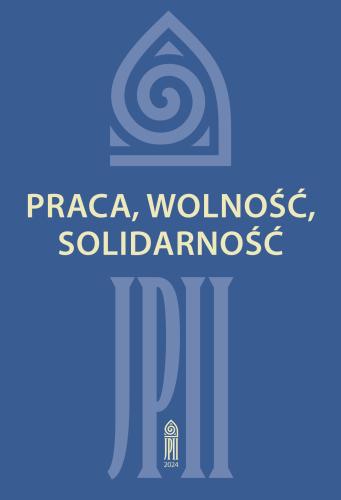Complementarity of working and resting
Synopsis
This paper offers a comprehensive philosophical and interdisciplinary reflection on the complementarity of work and rest as fundamental dimensions of human existence. Work is presented as a constitutive feature of the human being, performed freely and intentionally, and encompassing both mental and physical effort. The text discusses mechanistic interpretations of work, rooted in Newtonian dynamics and Hobbesian man-machine models, evaluating their limitations in explaining the full qualitative significance of human labor. Drawing on the anthropology of Karol Wojtyła, the analysis moves beyond mechanical determinism, emphasizing the role of free will, self-mastery, and vertical transcendence—whereby work transforms both the human environment and the person’s spiritual condition. The biblical message, especially the narrative of Genesis, forms a horizon in which rest is not merely compensation for exhaustion, but a necessary creative moment of transformation leading to moral and personal fulfillment. The chapter also explores the ancient Chinese Taoist concept of wu wei as an expression of harmony between action and non-action, showing the dynamic interplay of energy in both Eastern and Western traditions. In the postmodern world, the erosion of clear boundaries between work and rest, as well as increasing commercial influence over leisure, highlights the need for maintaining subjectivity and self-recognition to ensure true complementarity and integral human development.



